June 23, 2022
BCO Conference challenges the office sector to up its game
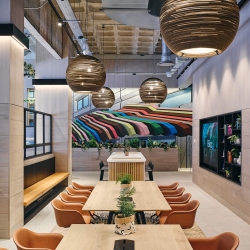 Regarded as one of the property sector’s leading events, the BCO Annual Conference saw key players from all parts of the office industry flock to Manchester – the vibrant, modern cosmopolitan powerhouse that is celebrated around the world for being the UK’s most competitive, economically productive, liveable and vibrant region. In her keynote, Joanne Roney, chief executive of Manchester City Council, said that the most demanding, challenging and important priority is climate change, closely followed by making a positive difference to the lives of the people who live and work in the city. (more…)
Regarded as one of the property sector’s leading events, the BCO Annual Conference saw key players from all parts of the office industry flock to Manchester – the vibrant, modern cosmopolitan powerhouse that is celebrated around the world for being the UK’s most competitive, economically productive, liveable and vibrant region. In her keynote, Joanne Roney, chief executive of Manchester City Council, said that the most demanding, challenging and important priority is climate change, closely followed by making a positive difference to the lives of the people who live and work in the city. (more…)





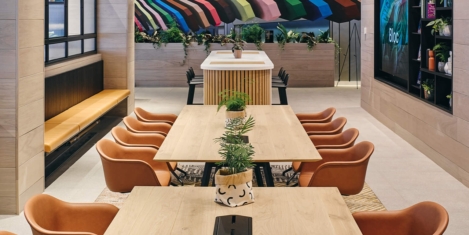
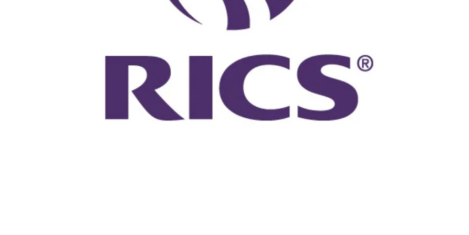
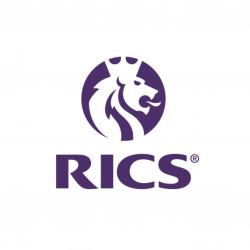






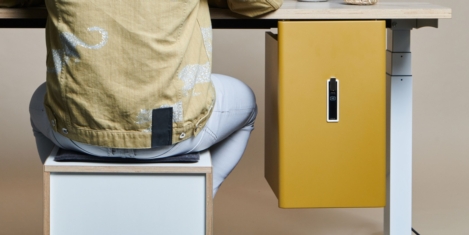
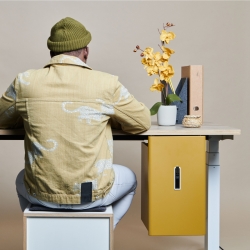
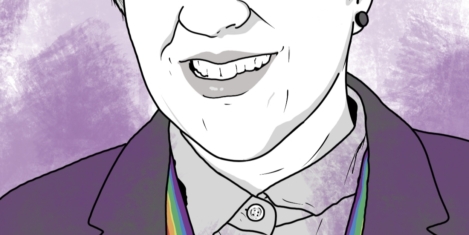




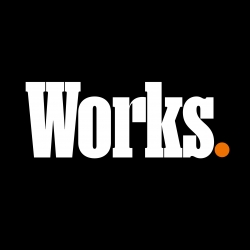

 At the 1983 International Design Conference in Aspen, Steve Jobs delivered a speech addressing the theme of the conference; The Future Isn’t What It Used to Be. In it he set out his thoughts on new technology, intuitive design, personal computing as well as the need for a constantly evolving idea of what the future will look like, including the future of work.
At the 1983 International Design Conference in Aspen, Steve Jobs delivered a speech addressing the theme of the conference; The Future Isn’t What It Used to Be. In it he set out his thoughts on new technology, intuitive design, personal computing as well as the need for a constantly evolving idea of what the future will look like, including the future of work. 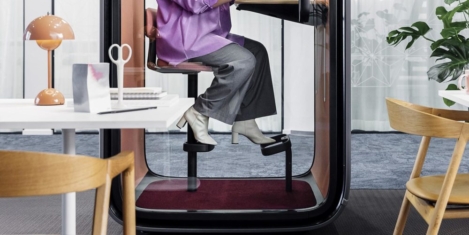
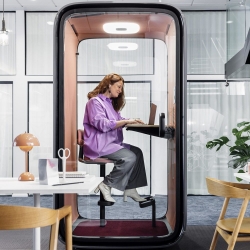








June 9, 2022
How I learned to stop worrying and embrace uncertainty
by Mark Eltringham • Comment, Flexible working, Technology